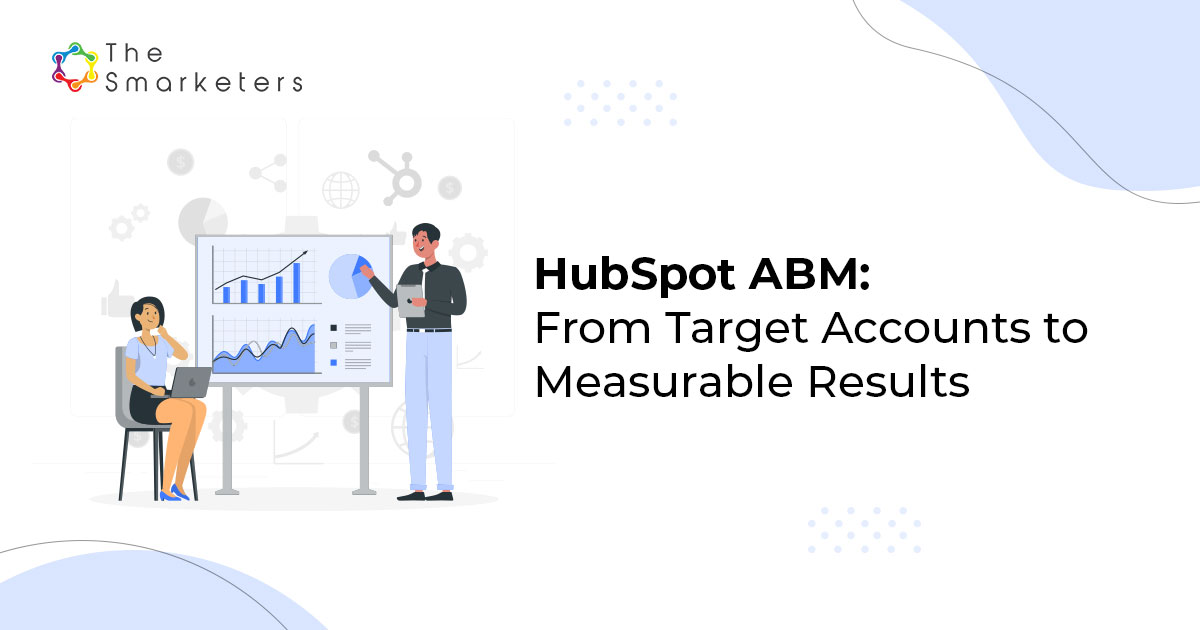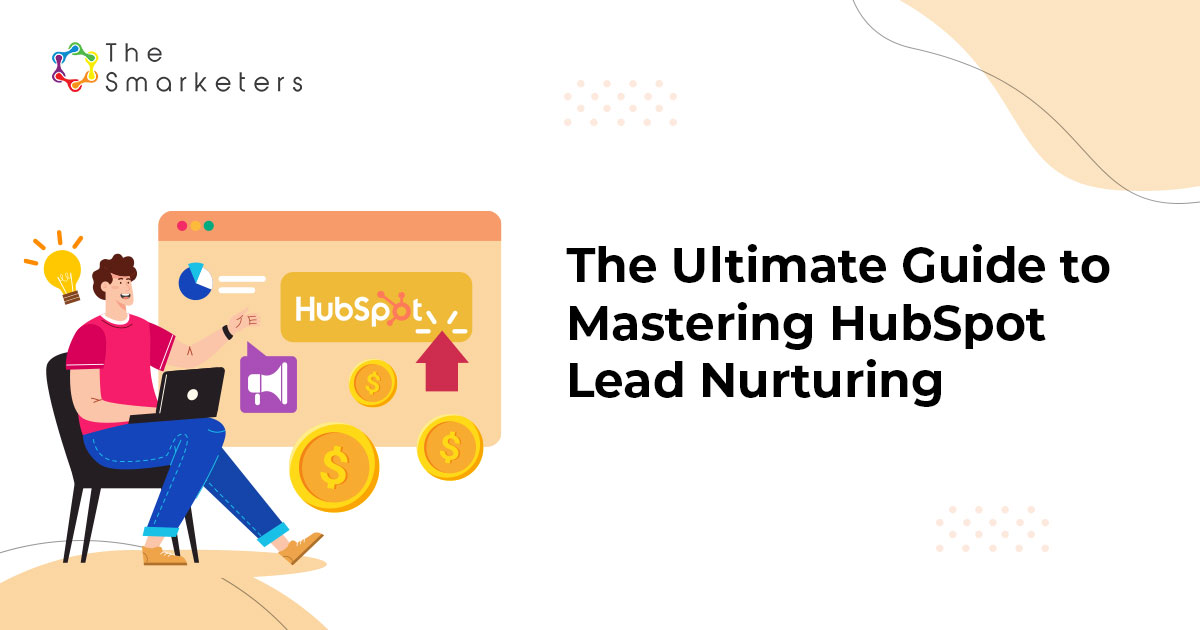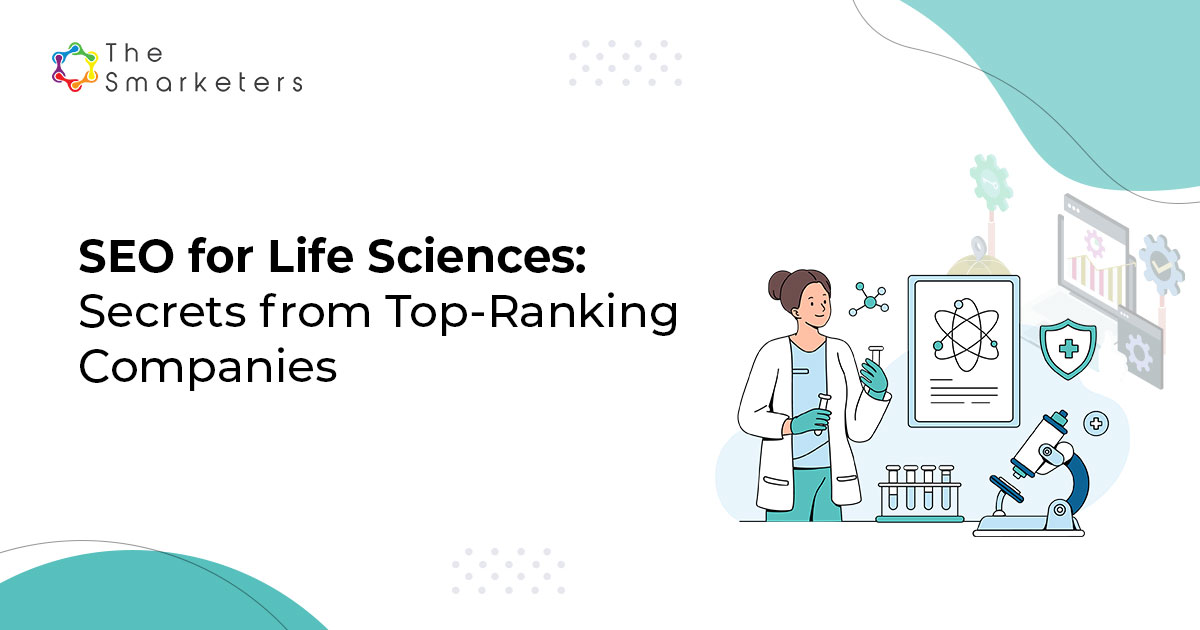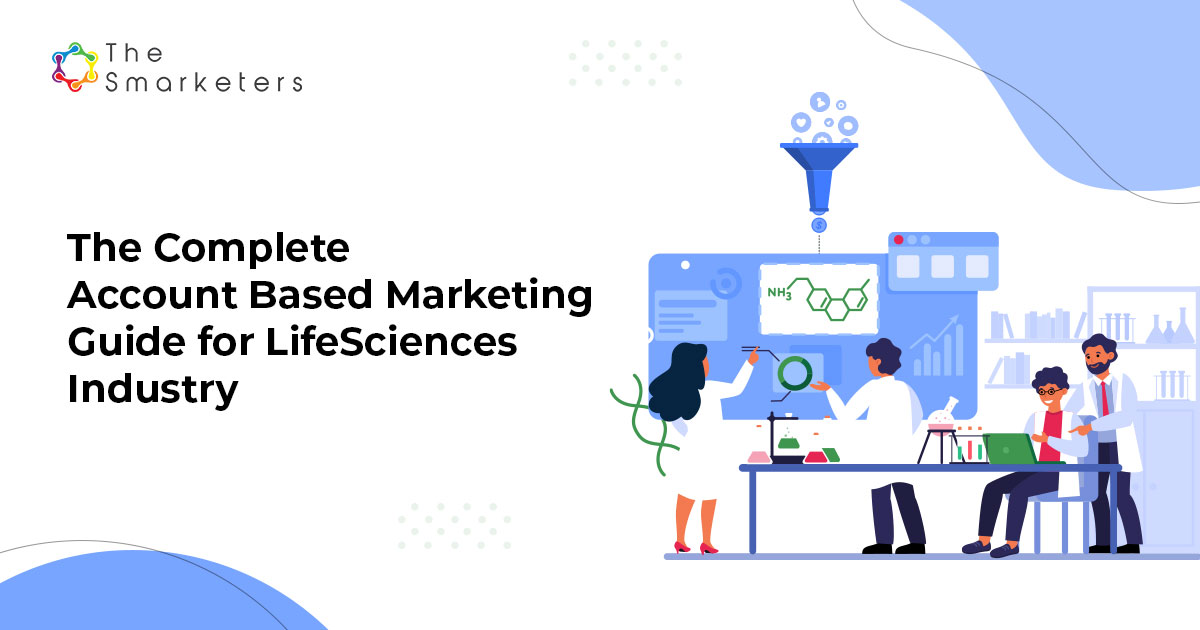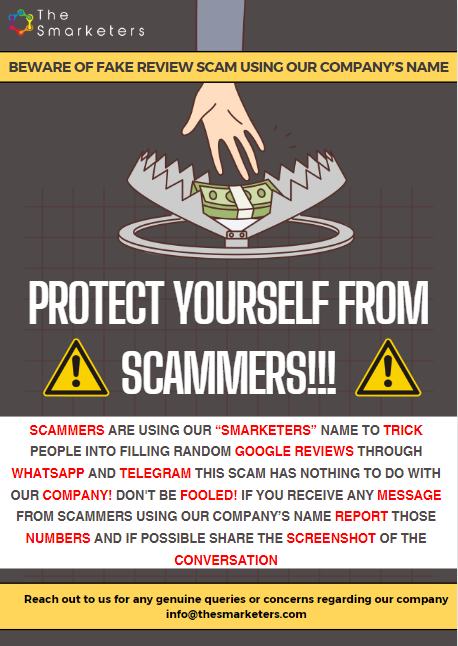Your healthcare marketing needs a content makeover.
Here’s why:
Internet data reveals something interesting about consumer behavior in connection to health and wellness.
Reports say healthcare consumers look up healthcare and wellness information first. The search for healthcare providers and wellness coaches comes only later.
The number of people who search online for cancer information is 6 times greater than people who search for cancer doctors.
Health-Care Customer Journey
————————————-
Stage 1: Healthcare Information Seeker
————————————-
Stage 2: E-patient
————————————-
Stage 3: Healthcare Consumer
————————————-
In such a scenario, the easiest way for physicians and hospital systems to get found is by providing value to health information seekers. The value must come in the form of relevant and trustworthy medical information from experts.
Why Content Marketing Is a Priority?
More than 80% of Internet users have searched for health-related information in the last 12 months – Pew Research
That’s an enormous audience! And it tells us that we have a new breed of healthcare consumers out there, the e-patients. E-patients empower themselves with vast amounts of medical information available online. They expect and seek to fully participate in their healthcare.
Healthcare Marketing meets Content Marketing
The Healthcare industry is a latecomer to content marketing, partly due to government regulations (HIPAA laws & Affordable Care Act) surrounding the sharing of patient information.
Most hospital systems and physicians primarily rely on sharing patient stories to increase patient engagement.
Personal accounts of illness, treatment, and recovery strike an emotional chord with the audience and provide them comfort and encouragement.
But customers are also looking for something else, they want factual and trusted information on health care issues. This is because the internet doesn’t regulate information, as a result of which a lot of unverified claims are found on medical portals.
Such unreliable info can mislead consumers into making poor healthcare choices.
Healthcare providers can become trusted resources for online health information.
Healthcare personnel in your organization can devote some time to field questions from readers.
Writing featured blogs as guest posts on high-ranking websites can also showcase the expertise of key personnel on your care team to a larger audience.
Both these activities can help build thought leadership and trust among prospective healthcare consumers.
Improve Trust: Present Data & Research Driven Insights
Healthcare consumers are often subject to FUD campaigns from different quarters.
Such campaigns try to create fear and doubt about the efficacy of modern medicine in consumers’ minds.
Health consumers exposed to these false claims are unlikely to rely only on expert opinions.
Putting out details about the results of research studies, and new breakthroughs can promote trust among both the uninformed and the misinformed.
By keeping your patient community informed about the latest advances in care you empower them to make informed choices and engage meaningfully with care teams.
Take a Holistic Approach: Be a Wellness Coach
Health and wellness are closely interdependent. Creating authoritative content on healthy nutrition and good lifestyle choices can help readers acquire healthy habits.
Promoting wellness can also improve post-treatment disease management in patients lowering re-admission rates.
Make sure wellness tips are a part of your content mix for better treatment outcomes and wider audience engagement.
Content marketing is all about providing the relevant information your audience needs.
The two main questions you need to ask while coming up with a content strategy are:
1. Who is your Audience?
2. What are they Asking?
Audience:
Don’t limit your audience to the patient community your serve.
People who are looking up medical and health-related information online include patients and their loved ones, caregivers, health-conscious individuals, and wellness enthusiasts.
Ensure you have information for each audience category.
Content Types:
Diversify your content to cater to the most pressing information needs in each audience segment.
For example, add an FAQ section to answer questions on screening procedures. A piece on oft-encountered medical myths that misguide health-seekers will also drive traffic.
Information on lifestyle management for those battling chronic diseases will find many interested readers. The list can be endless.
Differentiate your content from others out there by adding inputs from experts who are working directly with patients or are in research.
Be More!
Step past Sales messaging of healthcare marketing.
Content Marketing enhances your footprint in the healthcare consumer journey.
From being a mere healthcare provider you become a thought leader in the health space.
Content Marketing has an added advantage; it’s a great forum to demonstrate your organizational knowledge and expertise without sounding like an advertisement.
For best results, involve your entire organization in the process.
Get doctors and marketing staff to provide content topic ideas and content inputs. Adding insights and knowledge from experts to content pieces will boost their value and trust score.



